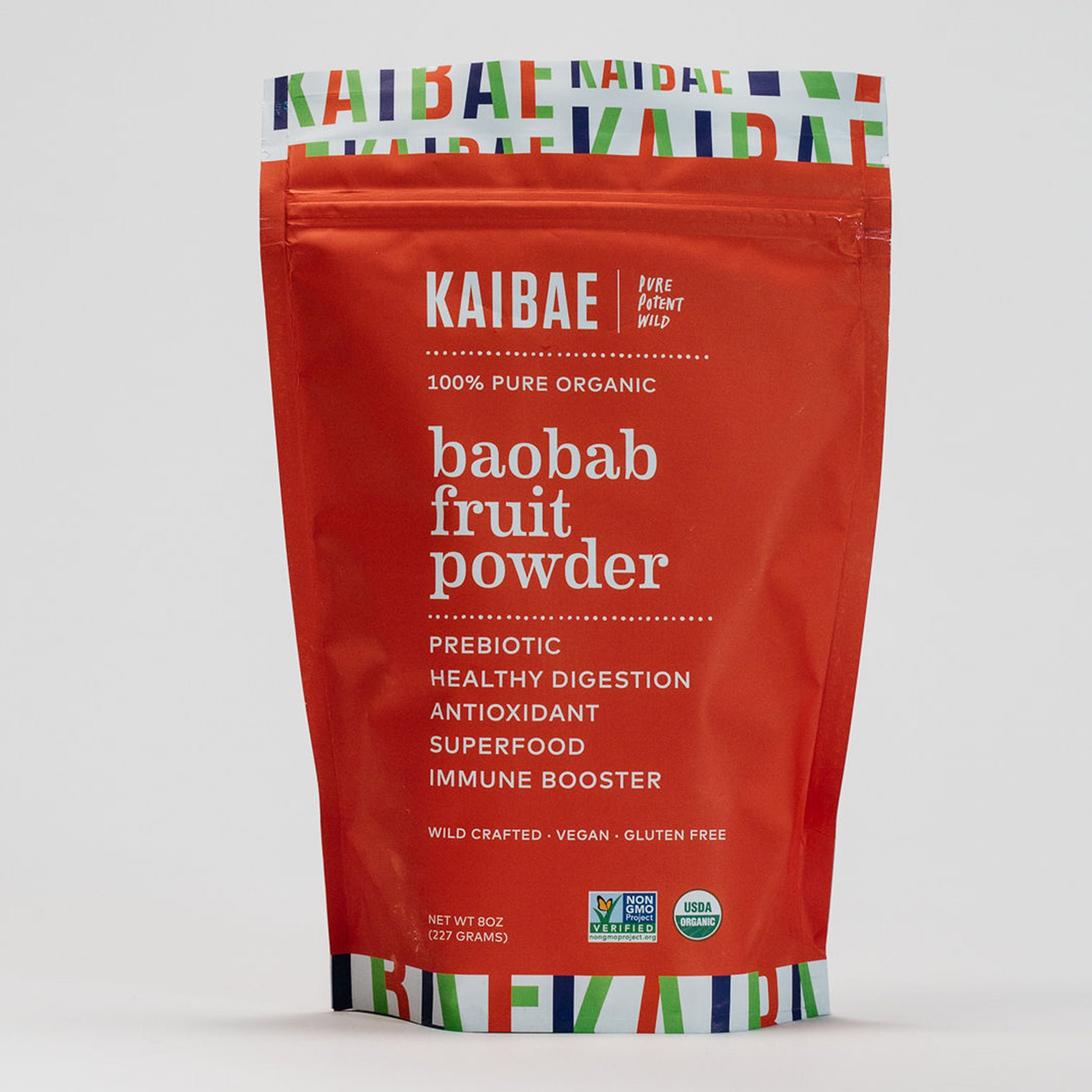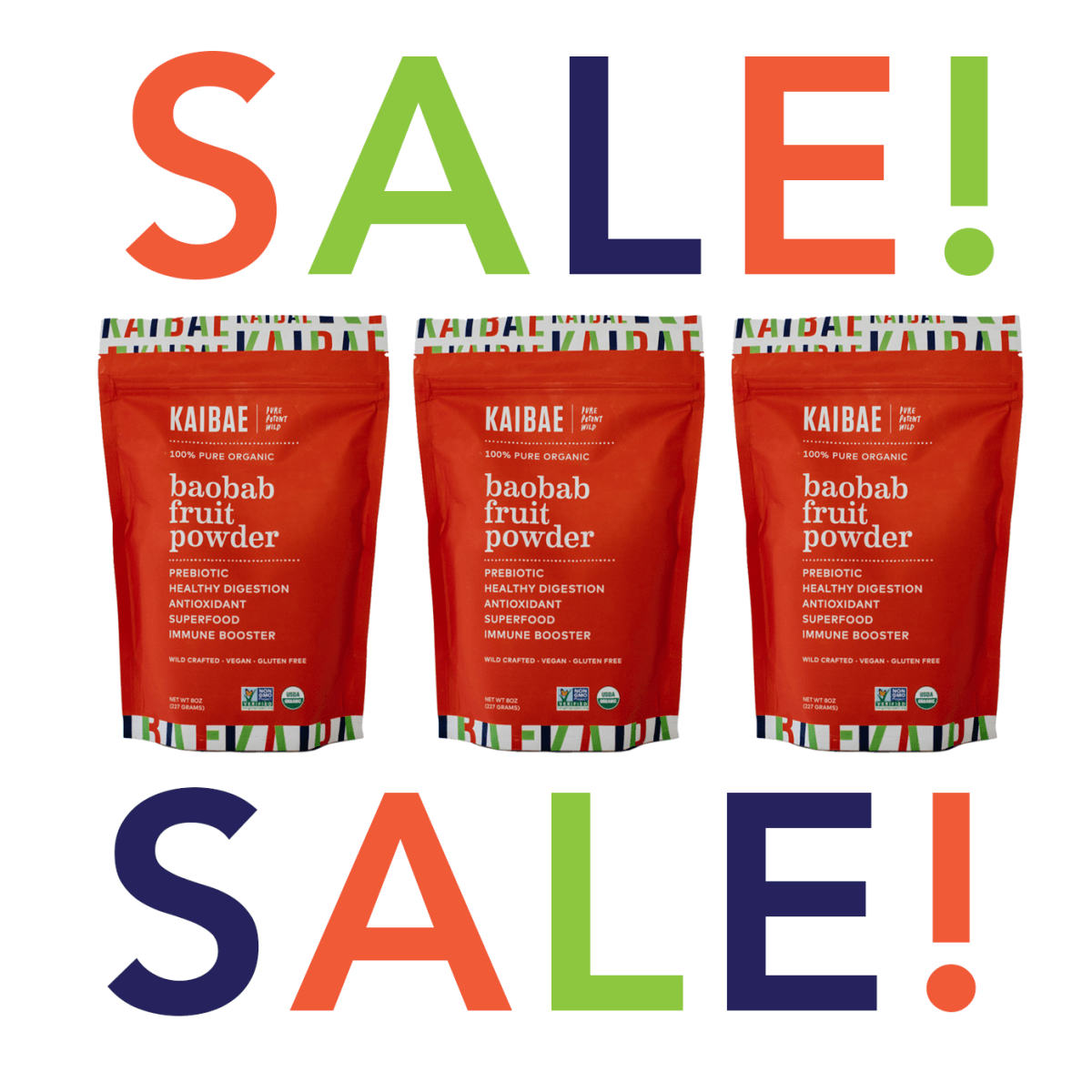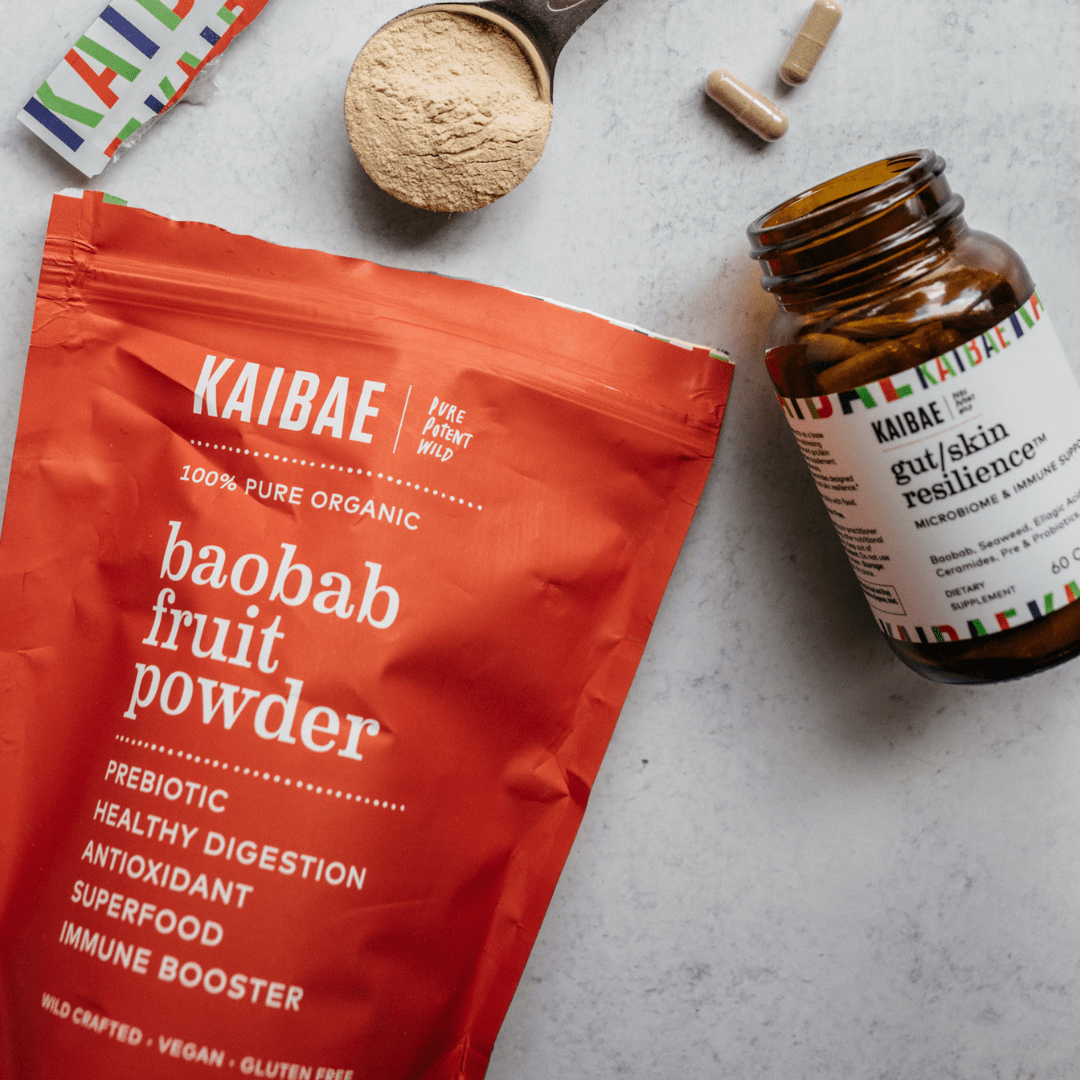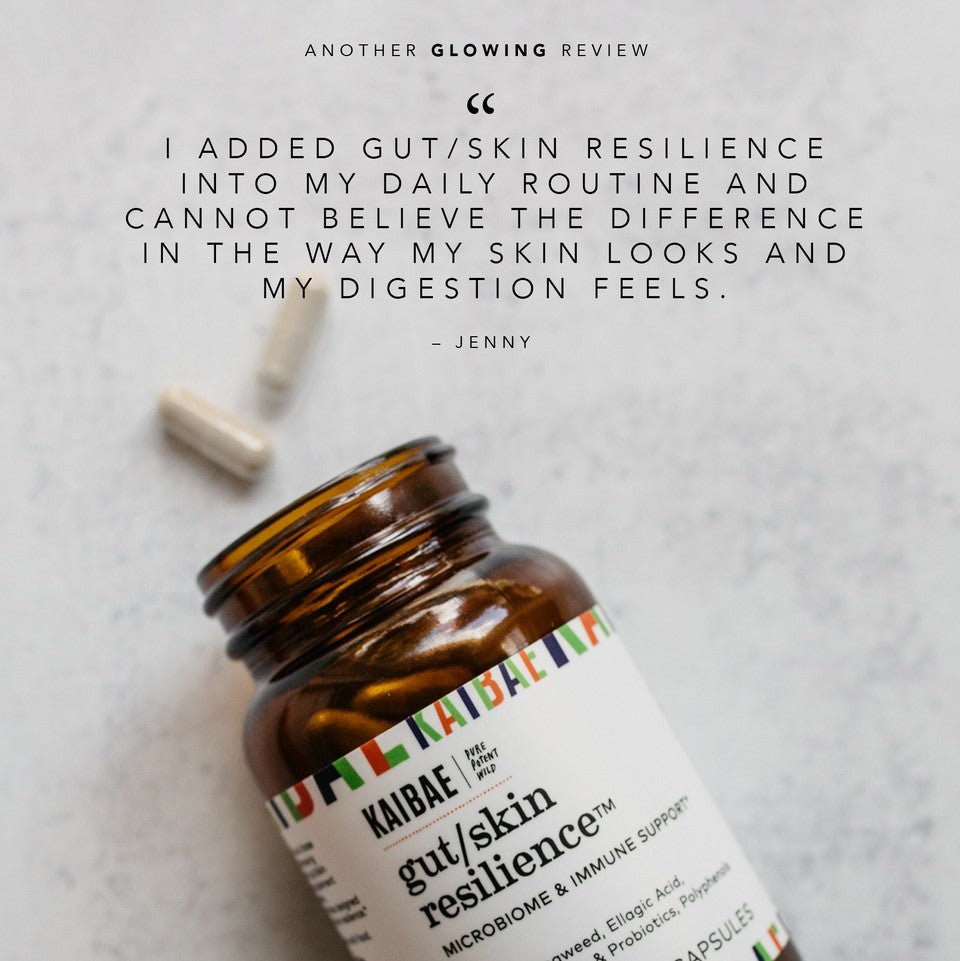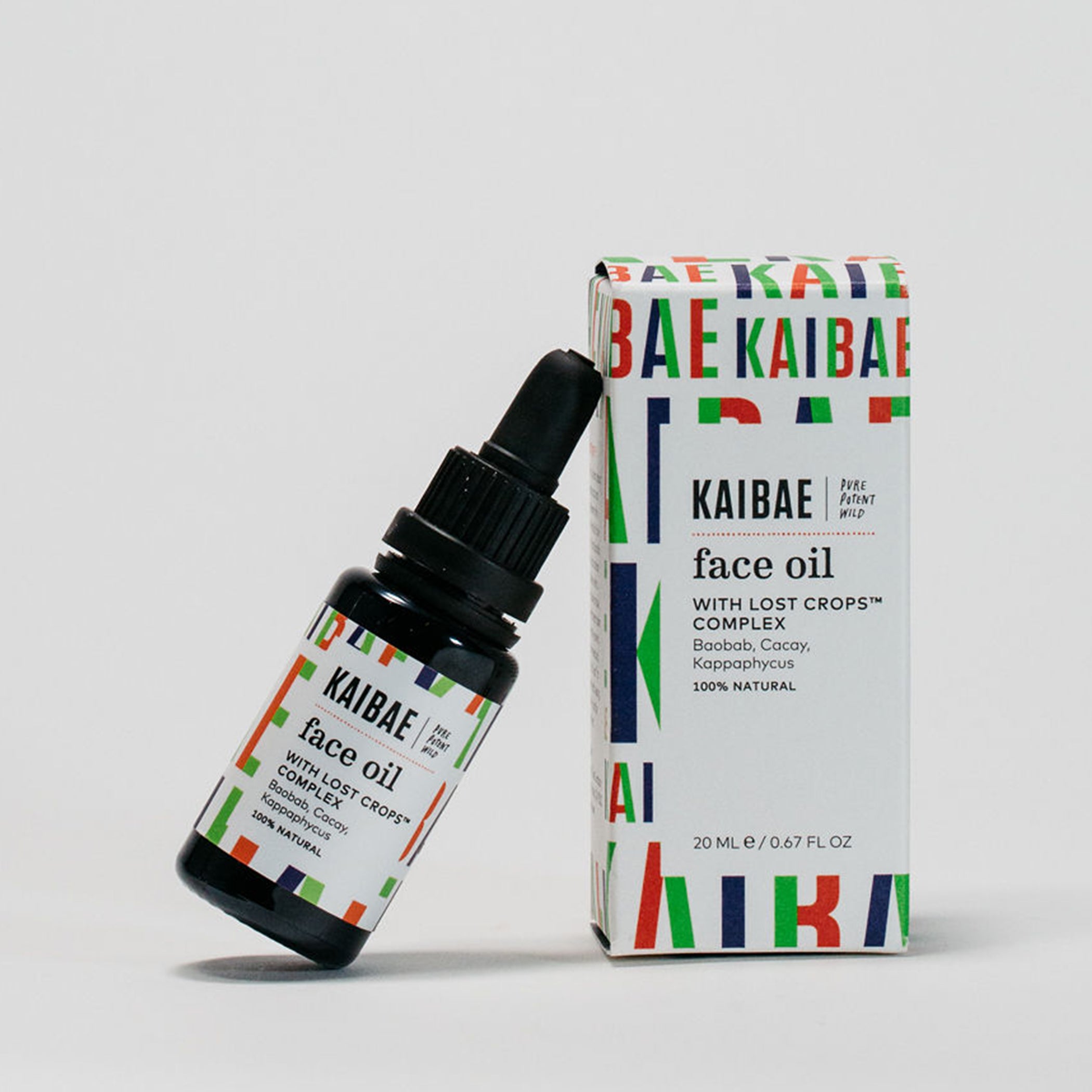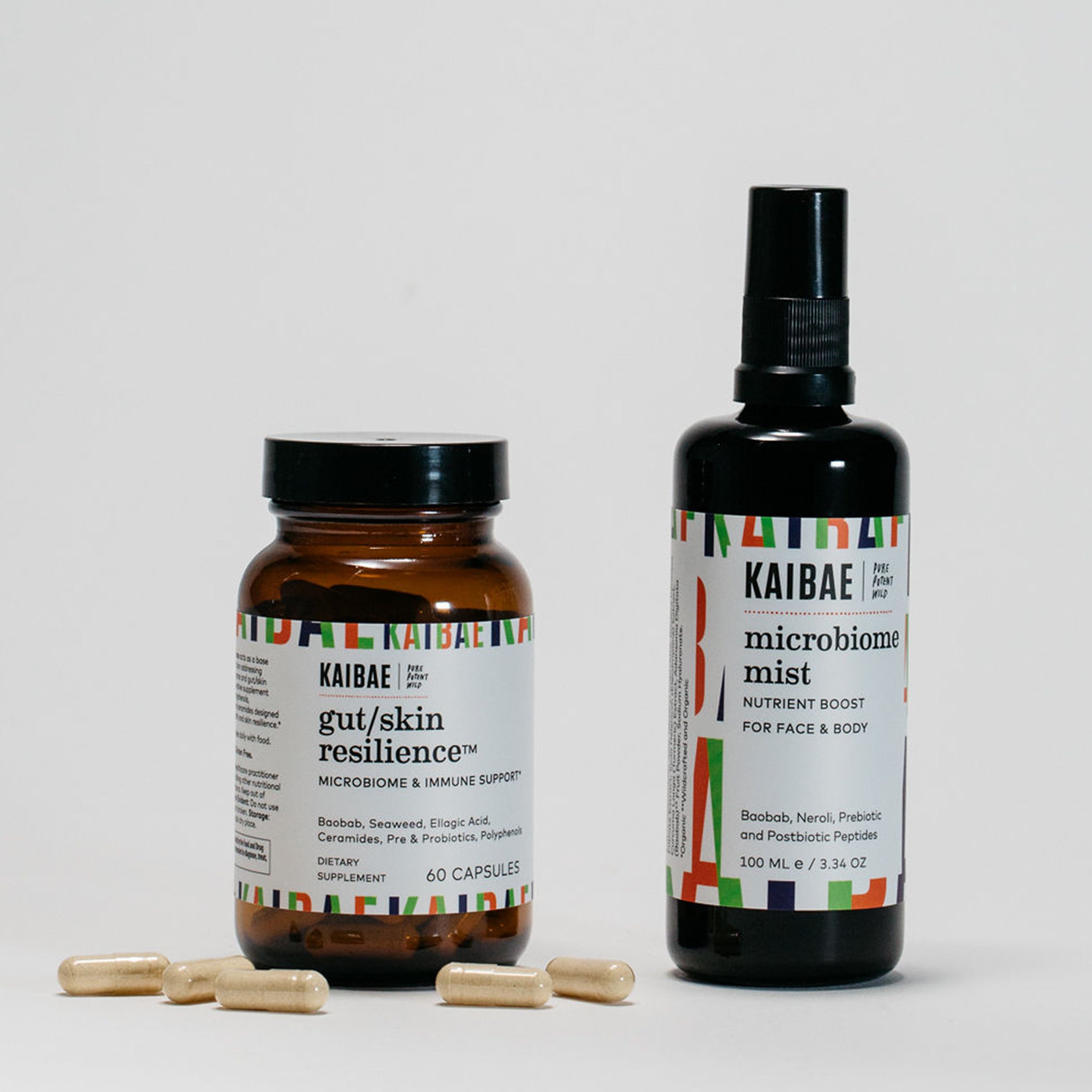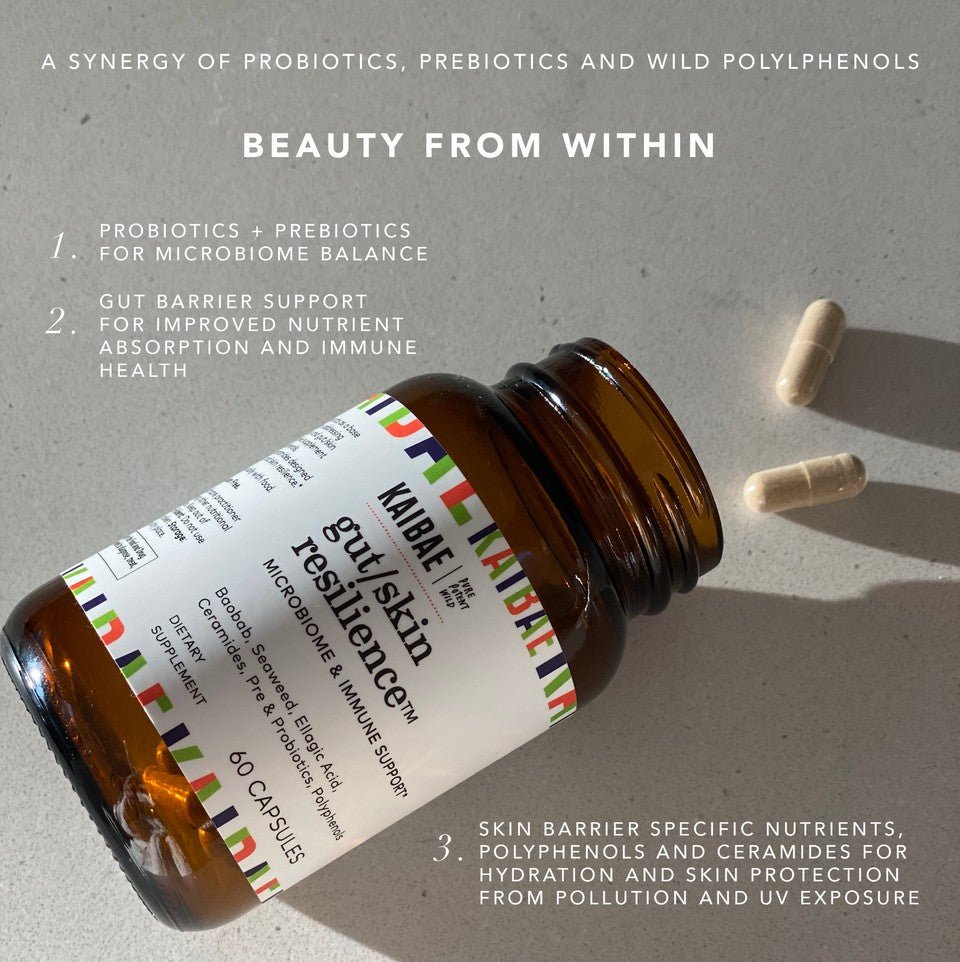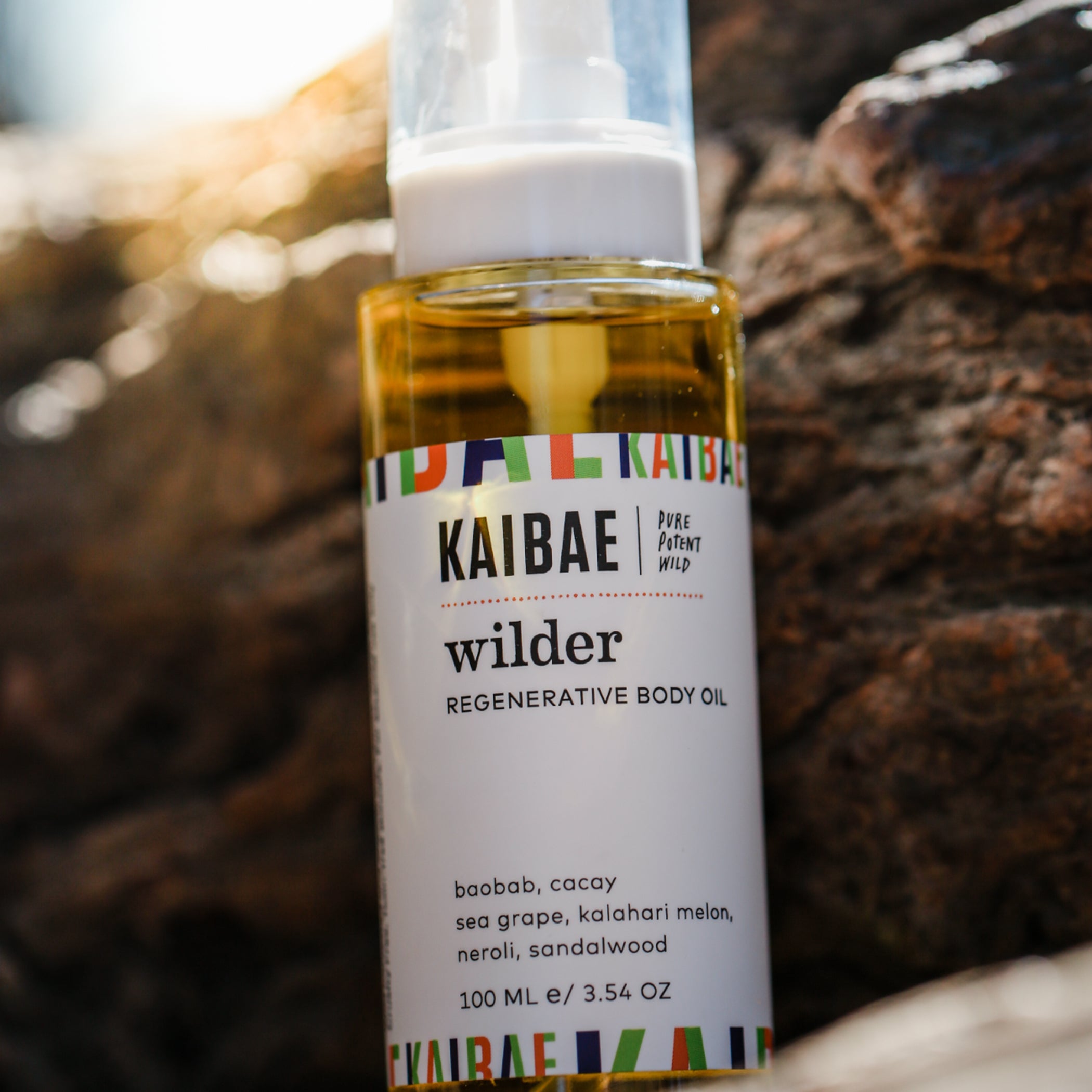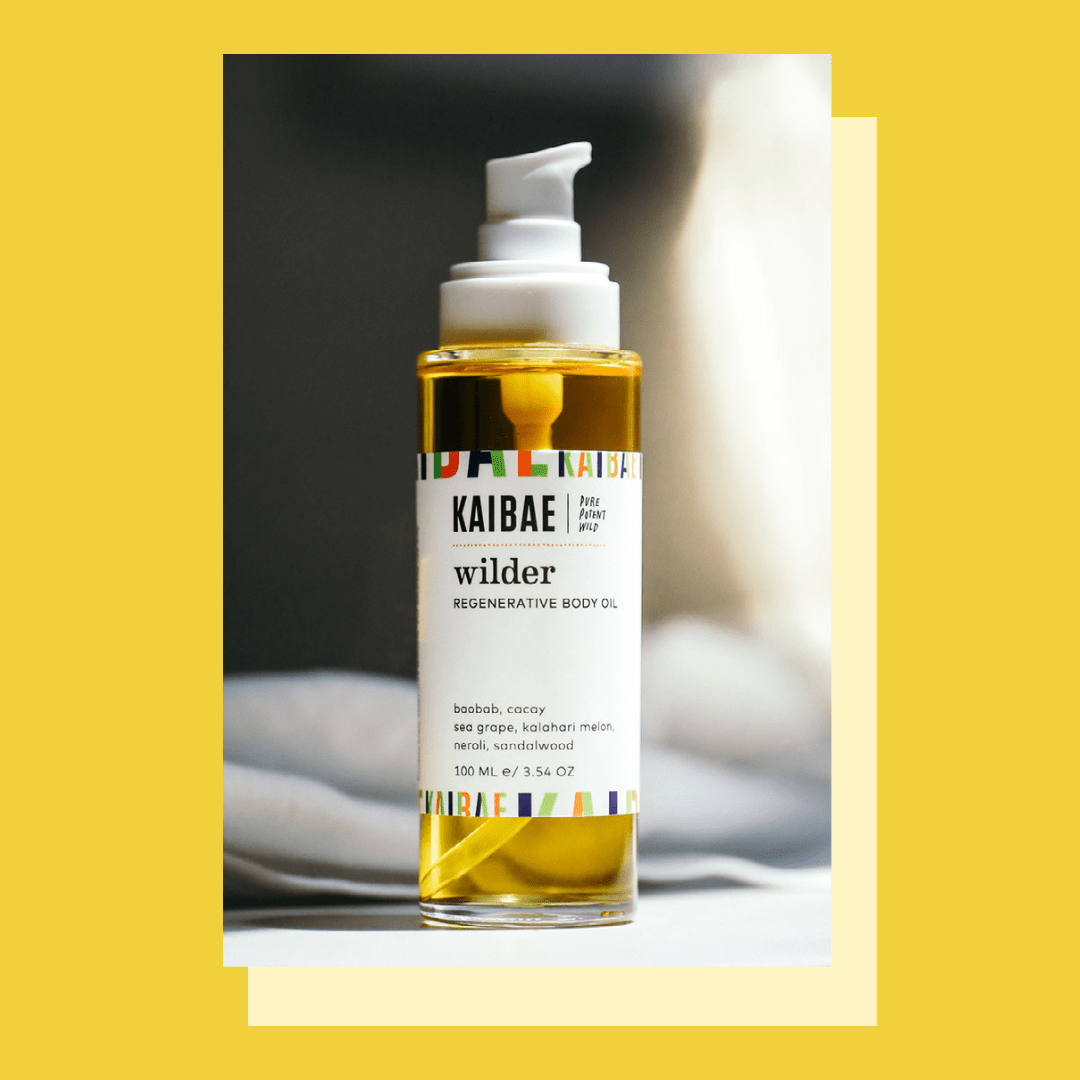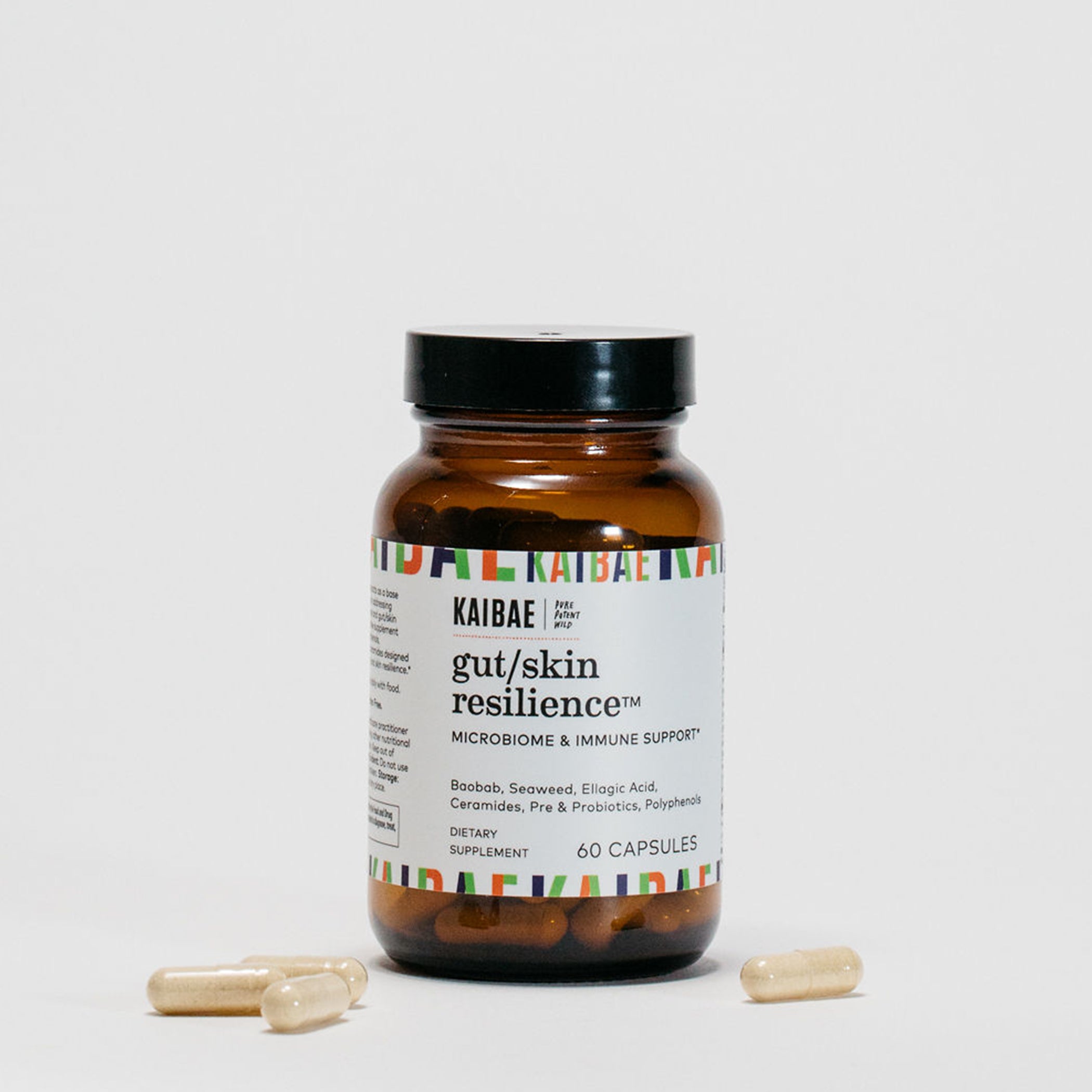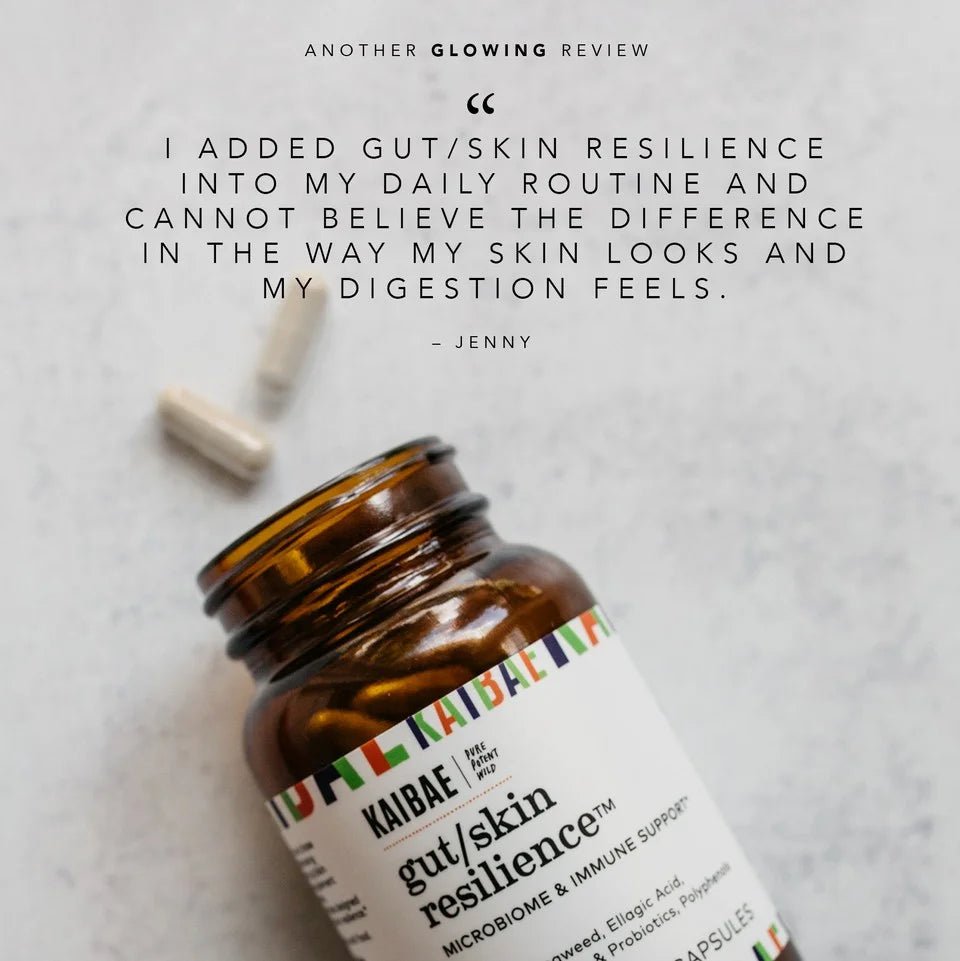Why the Microbiome Matters in the Era of Covid-19

BY DR. LUC MAES, N.D.

Throughout life we are faced with numerous challenges that affect our health, from pollution and increased UV ray exposure to organisms such as viruses, bacteria, and fungi. Some of these organisms are harmful, while others play a vital role in keeping us healthy. Our bodies have incredible mechanisms for staying healthy despite these challenges.
Today, an invasive coronavirus is overwhelming our ability to effectively respond, resulting in high fever, cough, body aches, and severe pneumonia as the most prevalent symptoms. We are also learning that the effects of the virus can reach even further, producing harmful inflammation throughout the body—including the gut—causing diarrhea, nausea, and vomiting. The mechanism that determines the severity of COVID-19 is still not fully understood.
As directed by the CDC, our first protective measures against the virus involve improved hygiene: washing hands, wearing masks, cleaning surfaces, and keeping distance from one other. While these are certainly effective measures, there is another step that I believe the CDC should include.
We should be keeping our gut and skin as healthy as possible. The gut and the skin are homes to the microbiome, a vital living layer that's essential for protection against harmful invaders and critically important to the absorption of nutrients. A well-balanced microbiome helps your body keep itself healthy; 70% of immune cells are in your gut! The microbiome can be thrown out of balance by environmental factors, illness, poor nutrition, and prolonged use of antibiotics. Luckily, there are steps we can take to restore microbiome health and improve our resilience.
In fact, William Cookson, Professor of Genomic Medicine at Imperial College London, shared in an interview with Newsweek that dietary changes could modify the severity of COVID-19. In the same article, Glenn Gibson, professor of Food Microbiology at the University of Reading stated, "The gut microbiome is critical to health and well-being, impacting upon a variety of important disorders". Gibson says he has been advising people to take prebiotics and probiotics that boost gut microbial health "for weeks" during this pandemic.
Addressing the relationship between gut health and immunity is becoming increasingly accepted in Western medicine. However, Naturopathy, Chinese and Ayurvedic medicine, and other ancient healing traditions have always recognized that healthier dietary choices optimize the way mind and body cope with the outside world. Our modern way of life is associated with reduced diversity in the gut microbiome, reduced resilience, and increased susceptibility to immune dysfunction.
Studies of the Hazda tribe in Tanzania have revealed that living closer to nature leads to greater gut microbial diversity. With a diet of beneficial plant-based foods like berries, tubers, and baobab (all rich in prebiotic fiber and antioxidants), the Hazda people have diverse gut bacteria that promote health and resilience.
So, consider including the health of your microbiome in your protective measures against the virus. Eating fresh fruits and veggies, loading up on probiotics, and getting enough prebiotic fiber in your diet will help.
In the weeks to come I will be sharing more health insights from my research, so stay tuned. If you want to be kept up to date, you can follow us on Instagram or join our email list.




